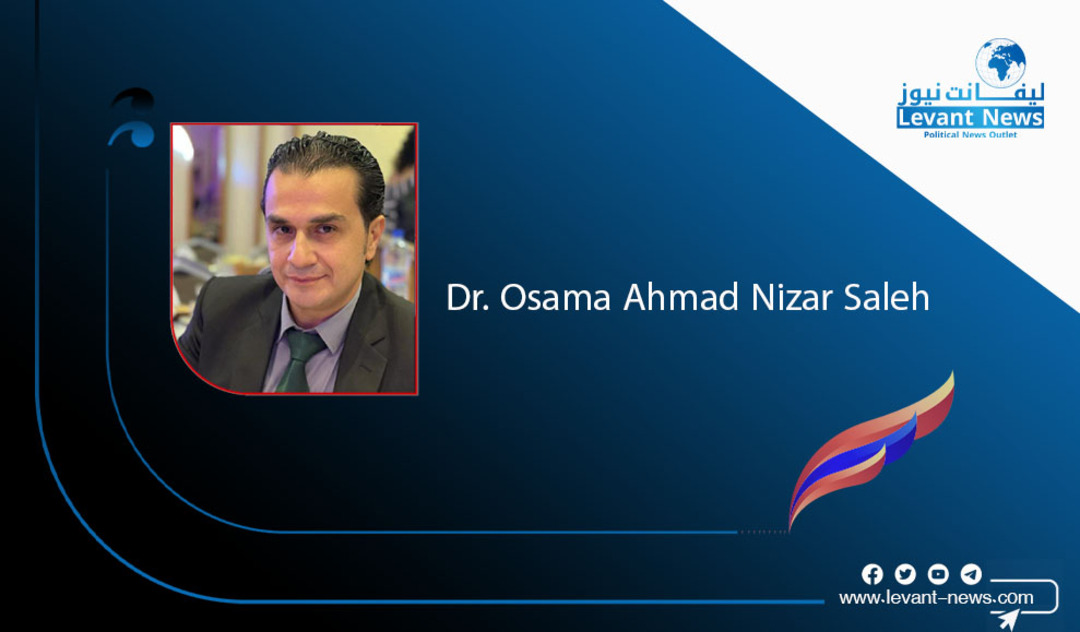-
The Syrian and Post-Painful Days

The Syrian revisits the news... rubs his eyes... reads and finds it hard to believe: Bassam Assad in the hands of justice.
It’s not surprising to the Syrian that Bassam Assad is powerful and influential; he is the least criminal in the family and the most foolish. If his cousin Bashar fell into the trap of the soft drinks and lost the keys to the palace inherited from his father, how could Bassam escape a trap set by the General Intelligence? He is merely a drug dealer and a chronic enthusiast of appearing on Facebook pages.
Before Bassam Assad’s arrest, doubts visited the Syrian mind. During Mr. Hassan Soufan’s announcement at the National Peace Conference that the Syrian leadership grants safety to Fadi Saqr, the question arose: Is the regime moving toward legalizing a law of forgetfulness? (forgetting the crimes of the previous regime). Doubts also haunted the Syrians about security chaos when the new leadership announced the dissolution of security agencies.
Those doubts disappeared when it became clear that a law of forgetfulness was not on the horizon. Transitional justice is on the right track, and the current security institution, like all state institutions, no longer extorts, levies tolls, sets up checkpoints to catch people (instead of criminals), or drives them to death in a losing battle against other Syrians. They no longer pursue individuals with the intent of displacement, confiscation, or redistribution of assets to Bashar’s popular base, and often, they give these assets to foreign (Shiite) families—intended for demographic change and the elimination of the largest component in Syria (the Sunni).
The sacred task of security personnel no longer includes hunting activists, forcibly hiding them, or killing them under torture. Security officers no longer work extra shifts as grave diggers for mass graves. Even freedom of expression is no longer a right confined between the pages of the two Assad constitutions.
The Syrian rubbed his eyes long and hard after employees dismissed from their jobs organized protests in various cities. It was something new for the Syrian after March 8, 2025, and the events of the remnants of Assad’s nervous rebellion—that the president wouldn’t come out and accuse artificial intelligence of (excesses) resulting from overreaction by some unruly elements. It was hard not to rub his eyes when reading the news of the legally appointed committee formed by the president to hold accountable those who committed during the suppression of the rebellion.
Only Syria has changed. The whole country changed. Syria has toppled the anti-resistance axis that once was the cushion Bashar relied on. The painful days are over.
Syria is no longer a cheap hotel for resistance organization leaders, Revolutionary Guard generals, or Hezbollah—labeled as enemies. The legally appointed president stopped the Iranian train at the Syrian station, moving Syria away from danger. More importantly, listening to and responding to international advice now secures Syria a seat on the American train, leaving it on the platform of waiting.
Dr. Osama Ahmed Nizar Saleh – Syria – Latakia
You May Also Like
Popular Posts
Caricature
opinion
Report
ads
Newsletter
Subscribe to our mailing list to get the new updates!




















